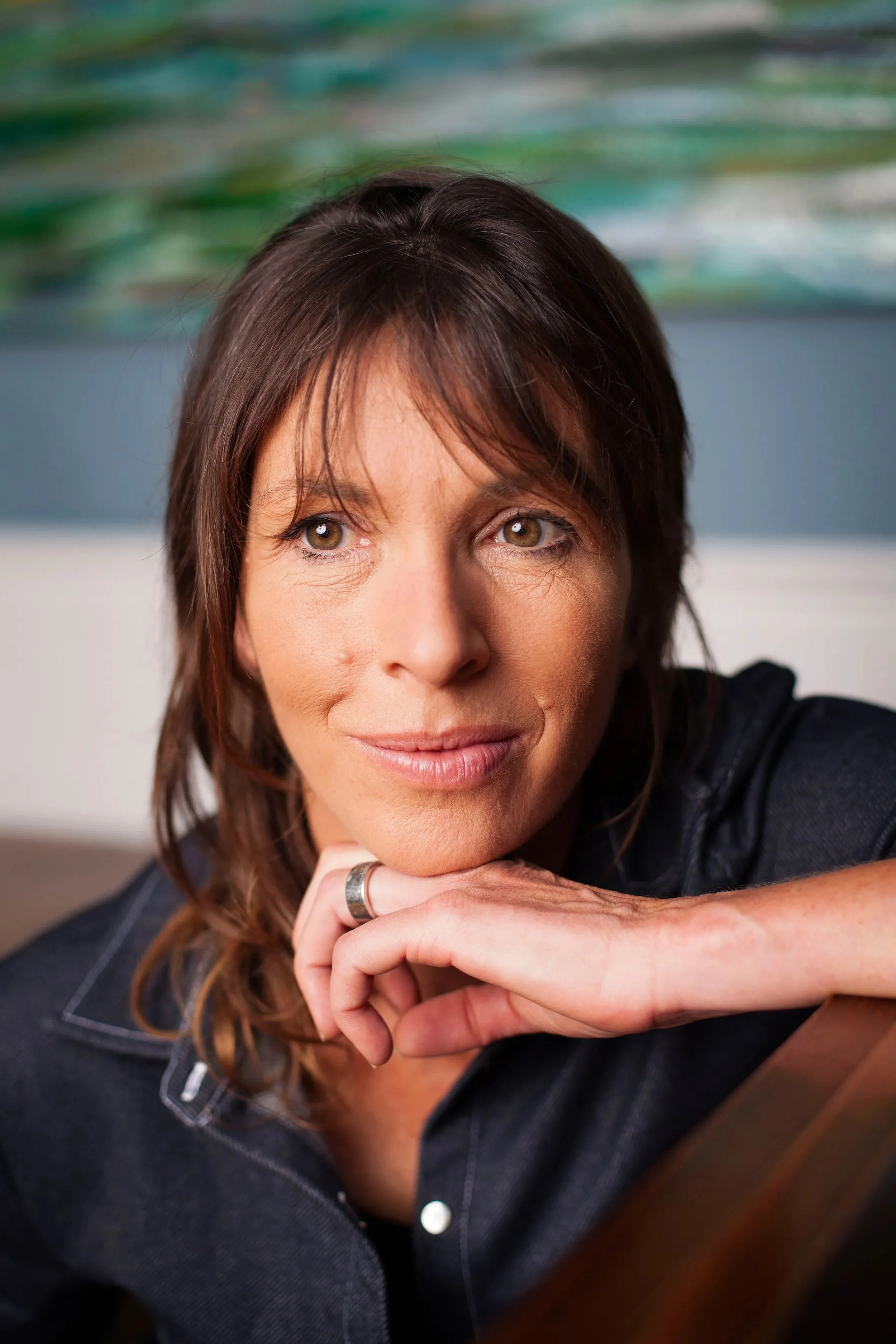Arlington Park by Rachel Cusk
By now Rachel Cusk – who was born in Saskatoon, Saskatchewan and raised in the UK – has become one of the most esteemed and intriguing writers of our era. Her autofiction analyzing her life as a wife and a mother and a woman in the world continually generates controversy, particularly among female readers. Cusk came to public attention in 1993 when her first book, Agnes Day, won the Whitbread First Novel Award. Agnes Day tells of an awkward, self-absorbed young woman who strives to secure a career for herself. A collection, Arlington Park, also represents an earlier stage of Cusk’s career. With honesty, wisdom, and considerable wit, these linked stories peruse the inner lives of a handful of women, all married with children, who reside in an exclusive suburb outside of London.
Arlington Park is brilliantly executed – and brave, since it takes some nerve for Cusk to insist that fortunate women with happy children and beautiful homes, and pleasant, successful husbands who free them from financial worry, deserve stories examining their discontent. Suburban excess, however, describes a vast number of contemporary lives, and it is to her credit that Cusk studies the meaning of comfortable, mainstream existence. Most fascinating is the way Cusk illuminates and dissects the war between the sexes, specifically within marriage; the way she suggests that with motherhood, biology does become destiny, toppling the precarious power balance in the relations between husbands and wives.
Arlington Park Mansions, London
The novel unfolds over the course of a very wet day. The rain begins the night before, saturating the London twilight, drenching the people and precincts of the city, splashing on the highway leading to the suburbs and then buffeting Arlington Park itself. Cusk's description of the storm's geography reminds us that the inhabitants of London and Arlington Park, and even England, live together on the same planet.
But Cusk does not elaborate. Instead, she moves us quickly into a bedroom in Arlington Park, where Juliet has just woken from an unsettling sleep. She dreamed there was a cockroach in her hair, and she cannot shake the feeling of disgust that is spreading over her entire life. Juliet is bitter toward her husband, whom she secretly accuses of killing her former self. She blames him for restricting her life to the limits of motherhood: She is the one who takes the children to school, and she is the one who picks them up. In between, she teaches. It's a never-ending routine, interrupted once a month when Juliet meets with her literary club.
"It almost made her laugh now, to think of it. A woman a hundred years ago knew her life would be over the moment she got herself pregnant. But Juliet had thought it required a degree of cleverness, that there was something difficult about it. For a while she prized the idea of a house and a husband and children, as though these things were uncommon, as though they represented some new refinement of human experience. Then she got them, and the feeling of lead started to build up in her veins, a little more each day."
Illustration by Eleanor Davis
On the other hand, Juliet's neighbour, Amanda, has her own car. She treasures its efficiency, the way it ferries her lightly about, cutting through time. When her husband and children left for the day, Amanda "had a feeling of rapid ascent, as though the members of her household were sandbags she was heaving one by one out of the basket of a hot-air balloon." Amanda's sentiments do not destroy her love for her family. Instead, Cusk describes domestic life as a place where love and resentment struggle side by side.
The women in Arlington Park rage inwardly as the exigencies of motherhood erode their autonomy. At the same time, their husbands' independence expands and solidifies. Their bodies mirror this reality: Solly, pregnant with her fourth child, notes how her husband's body has hardly changed, "his body that had never been plundered." Indeed, a "line seemed to run unbroken from his toes to the top of his head." On the other hand, "Her body was like a village that over time had sprawled and grown until it became a bustling centre, cut through with new roads and modern developments, some of them unsightly."
The women are exhausted by affection, like the Velveteen Rabbit in the classic children's story. Indeed, images of rabbits recur throughout as a metaphor for the women. Amanda remembers hugging her own pet rabbit literally to death. And little Ella, Christine's daughter, has a stuffed bunny she can't do without. "[The rabbit] was angry and worn out with Ella's need for him. He looked shapeless and insensate with the drudgery of love." That their problems are negligible in comparison to the majority of the world's women seems only to add to their bewilderment and guilt.
Käthe Kollwitz. Working Woman with Sleeping Child., 1927
Cusk rolls issues of consumerism, racism, and politics into the novel, most obviously in the figure of Christine. Christine was born into the working class, married well and is aggressively social-climbing. She is an anomaly in this community: not terribly well-educated, socially unconscious and often embarrassingly incorrect. In another sense, though, she is the meaning of the novel. She is the embodiment of Arlington Park's worst-case scenario. When Christine visits the mall, she feels that "life is full of possibilities." When she learns that 50 asylum-seekers have been found dead in the back of a truck, she says: "I can't feel sorry for them. I mean I know it's a horrible thing to have happened, but they were breaking the law, weren't they? They brought it on themselves, if you want my opinion."
We don't. Yet it is Christine and her racist husband who inhabit the final scenes of the novel. They have just finished hosting a party and are eyeing one another amorously. The future does not bode well, is what Cusk seems to say.
As a novelist, Cusk exhibits complete faith in the capabilities of language. She can find words to express the most ineffable of emotions, including mother love. Her work fits, at least in part, into the tradition of naturalism, which sees human beings as part of the natural world, shaped by heredity and environment. It is also reminiscent of the intellectual style of George Eliot, whose depiction of human nature and social construction was often pseudo-scientific. Cusk's representation of female experience contains echoes of Margaret Drabble, although updated and contemporized. It is exhilarating when literary genes mutate to form something entirely new, as Cusk has done: She is a category unto herself.
A previous version of this piece appeared in The Globe and Mail.








